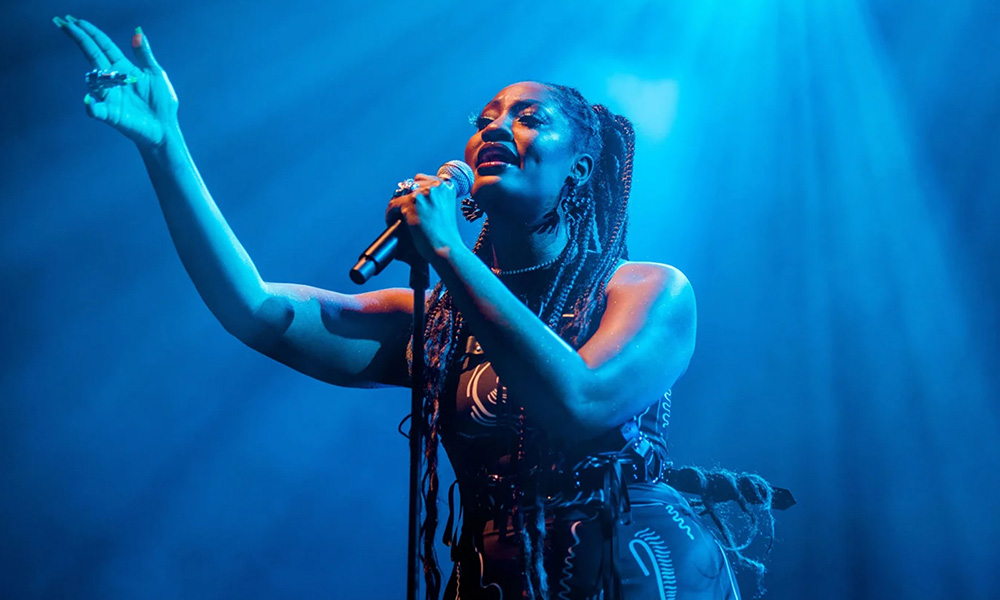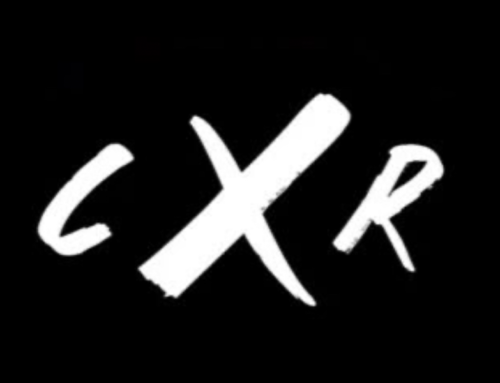
Genres are like spaces that hold value in the world of music, just like physical spaces hold value in the real estate industry. If we took a real estate approach to look into the demographics of music consumers, promoters, and producers, what would we say about the afrobeat space? With a global rise in popularity in recent years, the afrobeat genre has taken the American market by storm. As a result, we may have seen that space get gentrified… or simply appreciated? Let’s dive in.
Although the afrobeat genre is not new to the music scene, it has gained a lot more popularity outside of Africa in the past 5 to 7 years with the help of artists like Wizkid, Mr Eazi, Ayra Starr, Burna Boy and so many more. However, during the pandemic, Tems took the world by storm with her single, ‘Essence,’ featuring Wizkid. While navigating times of turmoil, Tems gave us a reason to dance our pain away. Simultaneously, Burna Boy also benefited from the rise of afrobeat although he gained popularity a few years prior. ‘Ye’ and ‘On The Low’ have been wildly successful songs from Burna, but ‘Last Last’ has definitely elevated his profile among a more diverse crowd.
As the afrobeat value rose, so did the interest from non-African artists to collaborate and ride the wave in order to benefit from the genre’s popularity. From a real estate perspective, we could say that once the space’s value rose, outsider’s interest to get installed and mark their territory rose significantly. For example, Justin Bieber remixed Tems and Wizkid’s song ‘Essence,’ and interestingly enough, it was only then the song finished on the year’s Top 100 Billboard Year-End Hot 100 singles.
The song ‘Calm Down’ from Nigerian singer Rema is another example. Although successful, the remix with Selena Gomez propelled the song to new heights… popularity-wise for sure. But at what cost? Many Black/African afrobeat listeners were not pleased with Selena’s twist on Rema’s sound, which calls for deeper reflection on the matter. While Selena’s superstar status introduced the afrobeat genre to a huge number of new listeners and a new demographic, her remix arguably diluted the essence of the genre in what sounded like an attempt to fit in and make profit from the hottest genre of the year. Some people may have heard the following question: “Have you heard Selena Gomez’s new song ‘Calm Down’?” This comes to show the gentrification effect on the song, but also on the genre as more mainstream pop artists hop on afrobeat sounds.
Questions are not only raised from an artist perspective, but also from a DJ perspective. There seems to be a fine line between what music consumers consider appreciation and appropriation. For example, DJ Mochi is a DJ on the rise who is gaining more and more popularity for the global sound he uses during his sets, more notable afrobeats, amapiano, riddim, R&B, and hip-hop. Born Reuben Unrau, DJ Mochi is caucasian and was born and raised in Portland, Oregon. In an interview with ADJECTIVE, he explains how two Nigerian guys introduced him to afrobeat and changed his life from then on. From a DJ perspective, DJ Mochi has played a big part in introducing afrobeat, amapiano, and other international genres to the broader Chicago crowd and other cities as well, purely fueled by passion and appreciation. His sets have attracted a diverse crowd who highly enjoy his events. For the critical thinkers, is this considered a win for African music and artists with the additional exposure, or does this raise concerns for gentrification when it comes to who profits off of afrobeat and African music being played worldwide?



